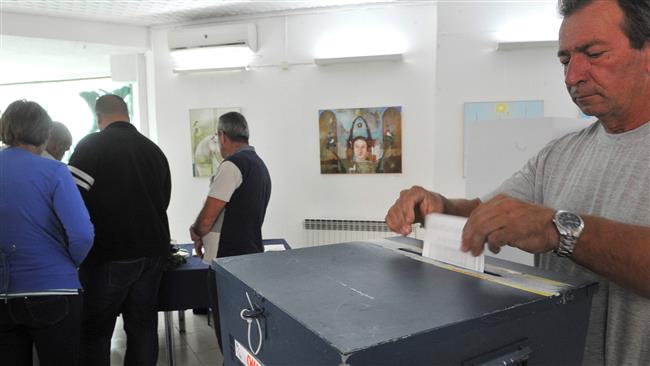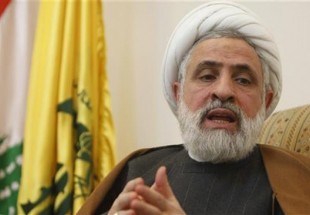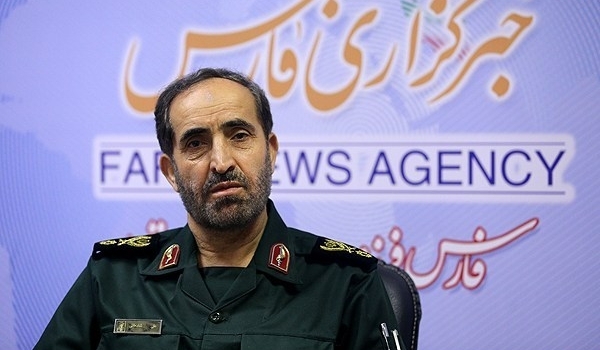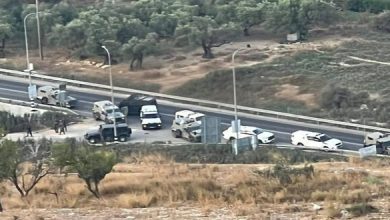Bosnian Serbs vote for ‘Statehood Day’ despite court bank


Bosnia’s minority Serbs have voted in favor of a controversial holiday despite the country’s highest court banning the move, raising the stakes in already tense tensions with Muslims and Croats.
Organizers of the disputed “Statehood Day” referendum said on Monday that 99.8 percent of voters wanted January 9 to be their national holiday.
The referendum, held in the semi-autonomous Republika Srpska part of Bosnia and Herzegovina with approximately one million ethnic Serbs, had been banned by the country’s highest court.
January 9 coincides with the Serb territory’s 1992 secession from Bosnia and Herzegovina whose 3.5-million-strong population mostly consists of of Muslims and Croats.
The occasion also celebrates an Orthodox festival in Republika Srpska, thus discriminating against Bosnian Muslims and Catholic Croats.
Bosnian Serbs in Republika Srpska are led by Milorad Dodik. Many say that by defying the court ruling and holding the banned vote, the Serbs are moving step by step towards a potential vote on secession.
Chairman of Bosnia and Herzegovina’s three-man inter-ethnic presidency Bakir Izetbegovic said the organizers of the vote will be prosecuted.
January 9 marks the day when Bosnian Serbs declared separation from Bosnia and Herzegovina in 1992, triggering a bloody three-year war recorded in history for its notorious mass ethnic killings and persecution of Bosnian Muslims and Croats by Serbs.
In July 1995, Serbian death squads butchered over 8,000 Muslim Bosnian boys and men in Srebrenica in a few days, in the worst atrocity in Europe since World War II.
Former Bosnian Serb president Radovan Karadzic was convicted of war crimes for his role in the Srebrenica killings, considered genocide by the UN-backed criminal tribunal for the former Yugoslavia. He was sentenced to 40 years in prison.
Speaking from Karadzic‘s war-time headquarters in the town of Pale, Dodik said, “I am proud of the people of Republika Srpska, of all those who came out and voted.”
He said the vote would go down in history as the “day of Serb determination.”




